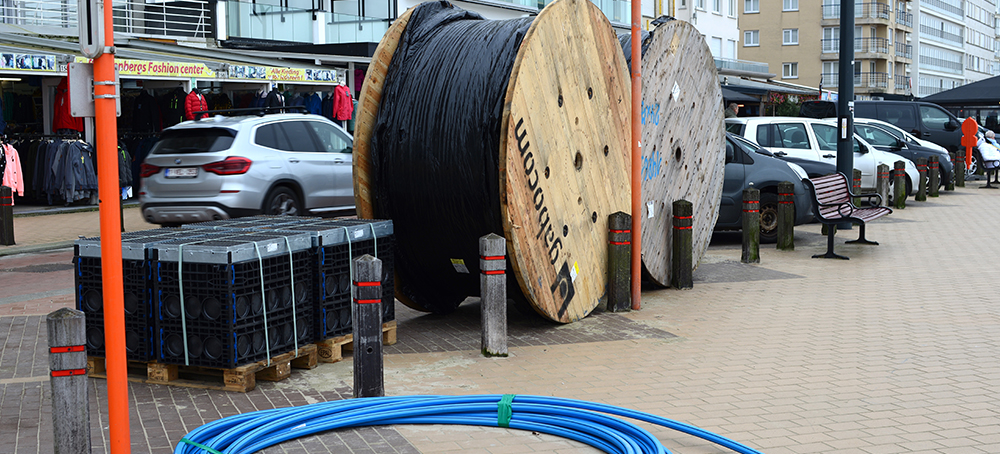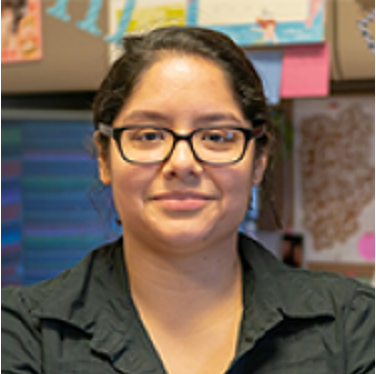August 15, 2023, 11:00 a.m. to 12:00 p.m. MDT
Research with Impact: Improving Mitigation Practice and Increasing Community Resilience

Webinar Description:
The next generation of hazards and disaster leaders are advancing the research needed to improve mitigation practice and increase community resilience. From issues of equity to ensuring neighborhoods know their risk, the early career professionals in this webinar will showcase their work and the impacts they hope to achieve.
The webinar will feature a series of short presentations by Bill Anderson Fund fellows from a variety of disciplinary backgrounds. Each presenter will have 20 slides and seven minutes to share the story of their work. The remaining time will be dedicated to audience questions and comments. Please join us to engage with these promising scholars and next generation leaders.
Moderator:
Cassandra Jean, University of Washington
Speakers:
Yajaira Ayala, University of Delaware
Reframing Reality: A Demographic Profile of Black Women in Lake Charles, Louisiana
This presentation will use qualitative data to create a demographic profile of low-income Black women in Lake Charles and the implications it has on their ability to adapt after disasters.
Natalie Coleman, Texas A&M University
Integrating Equity Standards in Infrastructure Management and Restoration
This presentation will discuss how machine-learning techniques and location intelligence data can be used to quantify the recovery of essential services in communities, helping to bridge gaps in equity that stem from years of discriminatory policies and practices, and infrastructure planning biases.
Maggie León-Corwin, The University of Oklahoma
Surviving Winter Storm Uri: Lessons Learned from Disruptions to Utility Services in North Texas
This presentation will discuss how residents of Dallas-Fort Worth-Arlington handled the severe infrastructure failures caused by the 2021 storm. Despite widespread disruptions, inexperience with winter hazards, and limited social capital, inividuals displayed remarkable ability to innovate and adapt creatively.
Joshua McDuffie, Vanderbilt University
Adapting Disaster Risk Education for Community Resilience at All Levels
This presentation briefly introduces natural hazard risk literacy and the vital role it can play in resilience. By harnessing technical expertise and local knowledge,diverse community members can be empowered with strategies to make informed decisions. Educational strategies and their impacts will be discussed.
Natural Hazards Center Overview Slides
Ayala Presentation Slides
Coleman Presentation Slides
León-Corwin Presentation Slides
Continuing Education Credits:
This webinar is eligible for one contact hour of emergency management training within the International Association of Emergency Managers (IAEM) certification program. For more information about continuing education credits and how to earn them, please click here.
![]()
Cassandra Jean is a postdoctoral scholar in the department of environmental and occupational sciences at the University of Washington School of Public Health. Jean is a sociologist whose work primarily focuses on diversifying climate and disaster scholarship, creating equitable and safe learning spaces, public health and science communication, and youth and community engagement. As an interdisciplinary researcher, Jean employs an intersectional lens and quantitative, qualitative, and mixed methods approaches to find evidence-based solutions for equitable programs, services, and policies for historically marginalized and under-sourced individuals.
![]()
Yajaira Ayala is a PhD candidate in the disaster science and management program at the University of Delaware. Her dissertation work explores the strategies poor Black women create and employ after disasters as they face structural and cultural violence. During her time at the University of Delaware, Ayala has worked on projects that examine disaster recovery, pro-social behaviors during emergencies, and the role of social capital in increasing people’s resiliency. Ayala is interested in bringing attention to issues of social inequality, reframing colonizing practices in the disaster field, and working alongside historically marginalized communities to develop and support strategies that provide a sustainable recovery. Ayala also served as the 2022 vice-chair of the Bill Anderson Fund Student Council.
![]()
Natalie Coleman is a PhD student in the civil and environmental engineering department at Texas A&M University and is in the construction engineering management program, as well as the environmental hazard management graduate certificate program. She is also a graduate research assistant at Urban Resilience.AI, a lab focusing on interdisciplinary and data-driven solutions for infrastructure resilience. Her research examines the social disparities and risk inequalities associated with disruptions in infrastructure services during disaster. Coleman is particularly interested in integrating the physical and social vulnerabilities of impacted communities to promote equitable infrastructure practices.

Maggie León-Corwin is a postdoctoral researcher at the Institute for Public Policy Research and Analysis at the University of Oklahoma. She studies human-environment interactions and her research has covered environmental risk perceptions of oil and gas in Oklahoma and Colorado, as well as the impact of environmental pollution on vulnerable populations. León-Corwin received her bachelor’s and master’s degrees from Texas State University and her PhD in environmental sociology at Oklahoma State University in 2022.
![]()
Joshua McDuffie is a PhD student in the department of civil and environmental engineering at Vanderbilt University. He is a native of the Washington, D.C. Metropolitan area and a proud graduate of North Carolina A&T State University, a historically Black university. His research interests include community resilience, hazard risk education, and equitable infrastructure planning practices.